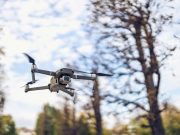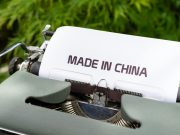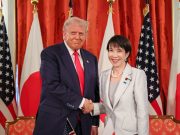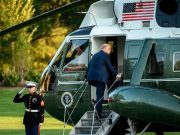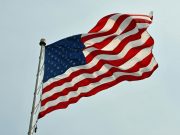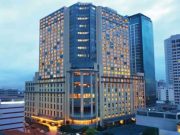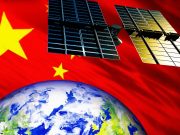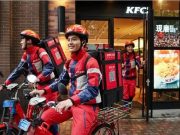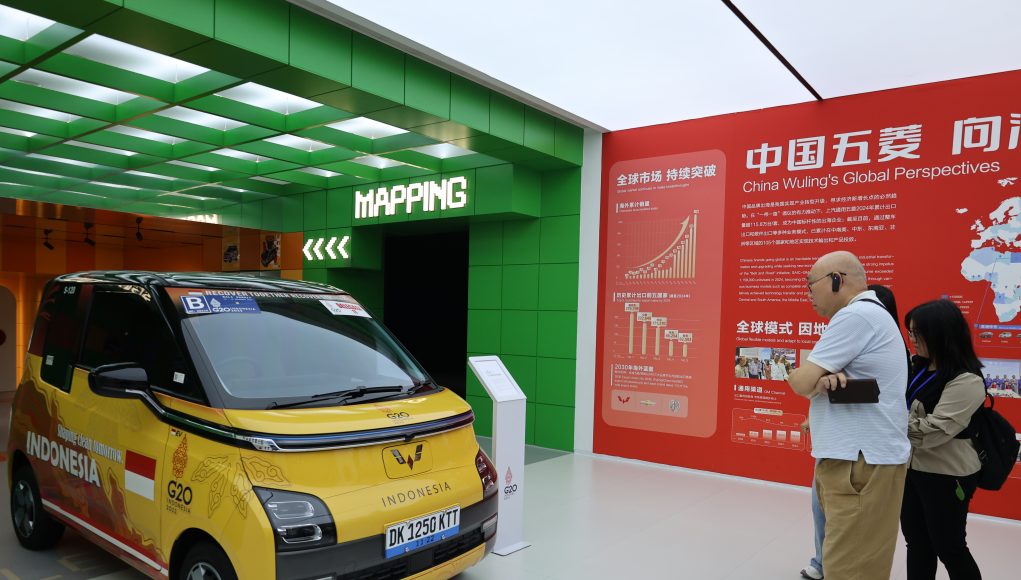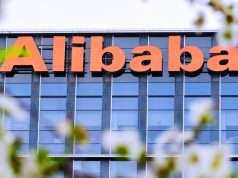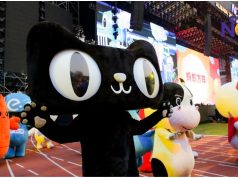(Singapore, 29.08.2025) Already boasting more than 1300 companies whose operating revenue exceeds 20 million yuan (S$4 million) a year, Liuzhou, a mid-sized city and major industrial hub in southwestern China, is not sitting on its laurels but continues to keep pace with the times – embracing innovation and lifting productivity.
That spirit is exemplified by two companies long recognized as the flagships of Liuzhou.
SGMW – one of the two – is a major automobile manufacturer founded in 2002 which specializes in making mini-vehicles and compact cars under the brands of Wuling and Baojun.
However, the brand Wuling dates to 1982 under the Liuzhou Wuling Motors before it came under the flag of SGMW when the company formed a joint venture with China’s SAIC Motor and United States’ General Motors.
SGMW joined China’s intense electrical vehicle fray only in 2017. China’s EV competition had been shaping up since 2000s but accelerated after 2009 and now features prominent names like BYD and Xiaomi.
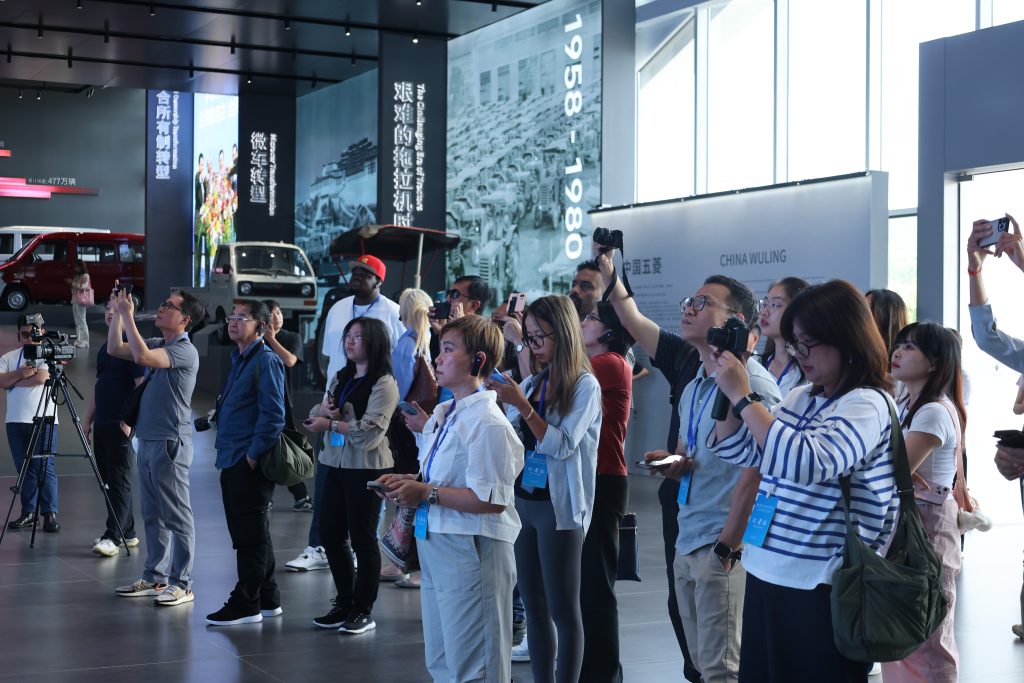
By 2018 China has become the world’s largest EV market with the highest number of EV brands contending for a share of the pie.
SGMW’s venture into EV culminated in the launch of the Wuling Bing Guo model six years later. The vehicle comes with a battery called MAGIC that can deliver a range of over 250 km when fully charged.
“China’s EV competition is fierce. But SGMW is confident that we could always hold our niche and even get to expand our market share under our visionary management and with the devotion of our workers,” Zheng Wenqing, who overseas the intelligent manufacturing department of SGMW, told Fortune Times.
Intelligent manufacturing is a term popularly used in China to refer to industry 4.0, the industrial revolution of combining AI, automation, and advanced manufacturing technologies to create more efficient, flexible, and intelligent processes.
“The EV competition essentially boils down to two things: increasing the driving range of a car and enlarging the capacity of battery. As things stand now, the industry is only at the starting point of developing these potentials. The prospects are exciting, and no EV company can claim to be the leader forever,” added Zheng.
SGMW’s Hongguang MINEV and Wuling Bingo models are among the top-selling EVs in China, contributing significantly to its presence in the market. The company has also been expanding its export numbers, with 225,000 units sold overseas last year setting a new high.
“Our self-made battery now contains 12 functional elements, a rare achievement in the market. And the number could go higher,” Zheng pointed out. “We are also constantly enhancing the role of AI in our manufacturing process, improving its efficiency, precision quality, and decision-making.”
Zheng admitted that the competition to secure talents is tough in China, but the company would never relent on this aspect. “We have in fact eight top scientists of China in our advisory team and we work closely with some of the top Chinese institutions such as Shanghai’s Jiaotong University,” said Zheng.
Over at Guangxi Liugong Machinery the spirit of forever pushing forward is as palpable. The number of workers manning its heavy machinery assembly lines at any one time seldom exceeds forty.
There used to be hundreds of workers toiling simultaneously to produce the company’s products such as loaders and excavators, but thanks to automation the number has gone down drastically while efficiency and product quality go up.
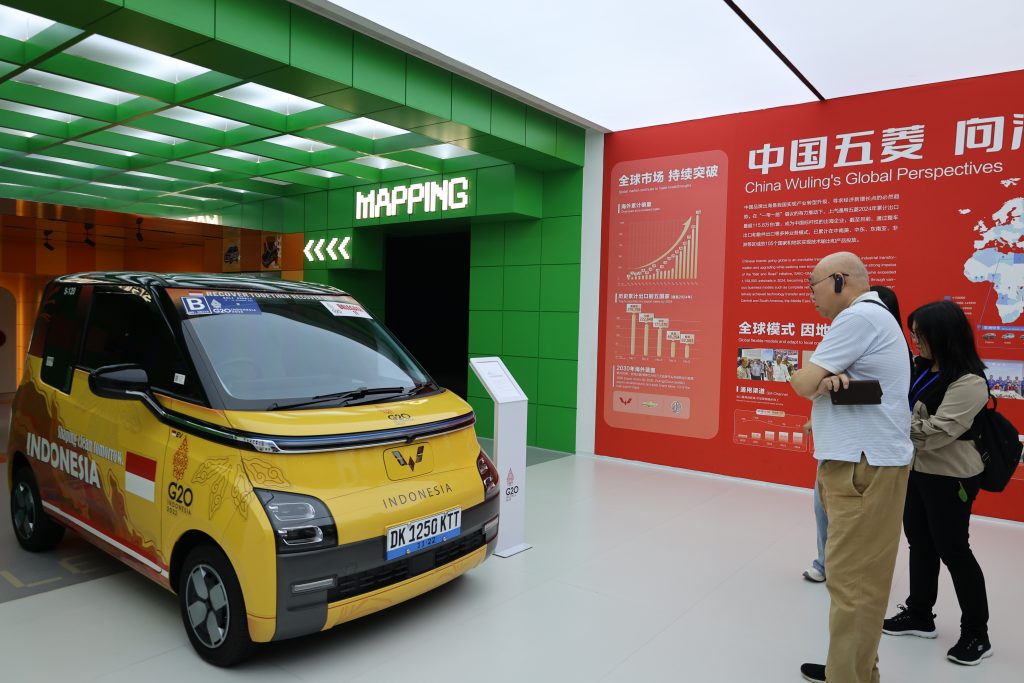
“We are now working on introducing AI into the manufacturing process. When that is implemented, which will happen soon, our productivity will rise even higher,” Liang Beiling, the head of the company’s loader making line, told Fortune Times.
“That is what China means by new productivity force, a common goal across the Chinese industries to emerge stronger in this time of fast technological changes,” added Liang.
According to reports, Liugong has been growing robustly in both domestic and international markets with its strong execution and innovations and is poised to continue to achieve high growths.
“We are more enthusiastic on exports because overseas demands are very high and very challenging. Our products now reach almost the entire Asia-Pacific, especially Southeast Asia and Australia,” noted Liang.
On why Liugong, situated far from China’s coasts, enjoys huge support from the central government, Liang pointed to Liuzhou’s strategic location vis-a-vis Southeast Asia. “It lies close to Southeast Asia, which makes it a convenient export city in relation to that massive market,” said Liang.
Liang also explained why Liuzhou came to be the home of Liugong. “In 1958 a group of talented people came to this city in response to the government’s call to help develop China’s western region. They laid down the foundations of Liugong and the rest is history,” he recounted. “Liuzhou is really a blessed city teeming with so many outstanding enterprises.”
Indeed, Liuzhou is like a little red dot -much like Singapore, both being small cities with a small population that have achieved remarkable success through sheer determination and vision.
Like Singapore, Liuzhou is now again propelling itself forward by promoting the newest technologies of AI and automation.
As encapsulated by the SGMW motto: we make what the people want, Liuzhou is a city ever remaking itself to fit the wants of investors, innovators, entrepreneurs, and consumers.


